Update time:2025-10-28Visits:2532

Associate Professor, Department of Thoracic Surgery, Shanghai Chest Hospital. A designated medical expert for the ninth Shanghai-Tibet medical aid program. Proficient in the diagnosis and treatment of common and complex thoracic diseases. His clinical specialties include single-port video-assisted thoracoscopic surgery (VATS), as well as the comprehensive treatment and complex surgery for chest tumors involving the trachea and major blood vessels. He has published over 10 SCI-indexed articles, nine as the first author, and has frequently presented at national and international thoracic surgery conferences through oral presentations, poster sessions, and surgical demonstrations. He has served as the principal investigator for one interdisciplinary medical-engineering research project at Shanghai Jiao Tong University and has participated in a major project of the National Natural Science Foundation of China.
Surgical Specialties:
- Single-port VATS for lung tumors
- Complex surgeries such as tracheal and vascular reconstruction for advanced tumors
- Surgical treatment of mediastinal tumors and esophageal cancer
Introduction
Life is a perpetual journey, a path of constant struggle that demands we transcend our limits. Along this road, we grow, and we learn to be grateful.
In the relentless chorus of cicadas on a midsummer day, he made his choice: medicine.
Under the sterile glow of the operating lamp, he watched his mentor’s fingertips glide across a patient’s chest cavity as if stroking the strings of a delicate instrument. He saw the electrosurgical knife trace its path, weaving the very fabric of life. In those moments, he yearned for the day he could stand at the operating table, just like them.
Yet, when the day arrived for him to lead his first surgery, sweat soaked through his scrubs. He still remembers it clearly. Stepping out of the operating room, the glass door reflected his face, etched with relief. In that instant, a torrent of pride and gratitude surged from his heart.
He journeyed to the snow-covered plateaus, where with his scalpel, he planted the seeds of life, nurturing them like the vibrant wildflowers of the highlands. When Tibetan patients offered him ceremonial khatas—silk scarves symbolizing their deepest respect—he caught a scent that carried him back twenty years, to the cherry blossoms dancing in the wind outside his medical college’s anatomy building.
He says that as long as the curtain of life has not fallen, his own performance can never cease.

The Crossroads of Fate
In the summer of 2000, a tense anxiety hung in the air in Shanghai. The June sun baked the city, and electric fans did little to dispel the oppressive heat. It was the season of the Gaokao, China’s national college entrance examination—an intense rite of passage that can define a life’s trajectory.
That summer, Qian Liqiang, an exceptional student, stood at a critical crossroads. He clutched his university application, the tip of his pen hovering over “Computer Science and Technology.” His father was a computer science professor, and his mother was also an educator. The path seemed pre-paved, but a young man’s heart often refuses to follow the familiar route.
“I couldn’t muster even the slightest interest in code and algorithms,” Qian recalls with a gentle smile. “My father said computer science was the language of the future, but my fingers yearned to touch real people.”
The conflict came to a head the night before the application deadline. His father insisted on computer science, but Qian remained silent, his gaze fixed on the world outside, hoping to forge his own path.
Around that time, Qian’s grandmother was rushed to the hospital with acute suppurative cholangitis. Following a successful surgery, his father returned home with a suggestion: “If you don’t want to do computer science, how about becoming a doctor?”
The words landed on fertile ground. The medicine Qian imagined was a field that balanced rationality and compassion, demanding both precision and a nuanced touch. It perfectly aligned with his nature.
In the summer of 2000, with his outstanding grades, Qian was admitted to the seven-year clinical medicine program at Shanghai Medical University, now part of Fudan University. The gilded university emblem on his acceptance letter is an image he remembers perfectly to this day.
The years in medical school were far more arduous than he had imagined. While his peers at other universities explored vibrant social scenes, Qian’s nights belonged to the pungent smell of formaldehyde in the anatomy lab and towering stacks of research materials.
“In high school, our teachers told us, ‘Life will be easy once you get to university.’ But for us, we even had to time our coffee sips to the cycles of an ECG,” he jokes, a wistful look in his eyes.
Shanghai Medical University was renowned for its exacting standards, and it was there that Qian truly understood the meaning of “arduous.”
“Looking back now,” Qian Liqiang says with a laugh, “I can say that I somehow survived.”

Entering the Medical Path, Ambition in Heart
In 2007, Qian Liqiang graduated from Shanghai Medical College and joined the Shanghai Chest Hospital. Like all young surgeons, he was eager to prove himself under the glare of the operating lamp.
“Right after I graduated, I wanted to perform the big surgeries,” he recalls with a smile. “Thoracic, cardiac… just the sound of them felt incredibly challenging.”
In that era, thoracic surgery was the “Mount Everest” of medicine, attracting the brightest and most ambitious. Qian was no exception. He was drawn to those moments on the precipice between life and death, where he felt the most profound value of being a healer.
During his years at the Shanghai Chest Hospital, Qian encountered three mentors who would shape his career.
The first was Professor Luo Qingquan, a titan of thoracic surgery acclaimed as an “artist on the operating table.” Luo’s style was a reflection of his character—calm, precise, making the immensely difficult seem simple. “I remember one surgery where the patient developed a complication. Everyone panicked, but Professor Luo just said calmly, ‘Don’t rush,’ and like a magician, he stabilized the situation,” Qian recounts with awe. “I have never seen anyone handle a crisis with better control.”
The first surgery Qian participated in was as an assistant to Luo. “I was absolutely stunned,” he recalls. “The electrocautery was smoking for ten minutes, but there wasn’t a single drop of blood. It was as clean as an anatomical diagram.” Watching Luo’s fingers dance between the heart and lungs, Qian realized for the first time that surgery is not just a technical skill; it is an art form.
The second mentor was Professor Zhao Xiaojing, who had studied in Japan. He brought the rigor and meticulousness of Japanese medicine into Qian’s surgical style. “I used to be a bit rough around the edges,” Qian admits, “but Professor Zhao taught me that every single stitch is a matter of life and death.” During his rounds, Zhao would question him on the finest details of an operative report, a detail-oriented teaching style that Qian found invaluable.
The third mentor was Director Ding Zhengping, known for his unflappable steadiness. Director Ding taught Qian that surgery is not just a contest of skill, but of wisdom and strategy. “I used to have an impulsive urge to tackle complex cases head-on,” Qian says with a chuckle. “But Director Ding taught me that ‘detouring’ is also a valid strategy. He helped me understand that stability is more important than speed.”
Qian laughingly describes his younger self as “reckless and impulsive,” pursuing surgical speed. Through a cycle of successes and failures, he gradually realized that on the operating table, there is no “perfection,” only “responsibility.”
“Director Ding’s words taught me to slow down, to stabilize myself, and to execute every step to the absolute best of my ability.”
Today, Qian continues to synthesize the styles of his three mentors, blending and refining them into his own.
“Surgery is not just the inheritance of technical skill; it is the forging of a healer’s character.”
From Assistant to Surgeon, A Doctor’s Metamorphosis
Qian’s first surgery as the lead surgeon was made possible by the trust of Director Luo. It was a relatively simple procedure, but he prepared meticulously, reviewing journals and rehearsing the steps.
On the day of the surgery, electrocautery knife in hand, his own heart was beating faster than the device’s frequency. “I was sweating profusely,” he laughs. “Director Luo popped in a couple of times, didn’t say a word, and then left. I only later understood that was his way of showing trust.”
When the surgery was over, Director Luo returned, looked at Qian with a serious expression, and slowly shook his head. Qian’s heart sank. But then Luo simply patted him on the shoulder. “You did a good job. Keep it up.” In that moment, a wave of relief washed over him, and for the first time, he felt the profound weight of responsibility and the immense sense of accomplishment that came with being the lead surgeon.
“But whenever I see the smiles on the faces of my patients after they’ve recovered, I know that I made the right choice.”
Qian describes his surgical style with a principle of “one small, one large, one meticulous”: minimally invasive incisions, extended resection when necessary, and a meticulous, refined approach.
He believes that regardless of a surgery’s scale, it must be performed on a foundation of standardized protocols, from pre-operative planning to post-operative management. Surgery is not just a demonstration of prowess; it is an expression of respect for the patient’s life. This rigorous attitude has earned him the respect of his peers and the trust of his patients.
When handling complex central lung cancer surgeries, Qian displays extraordinary strategic skill. He knows the risks, which is why detailed pre-operative evaluation is paramount.
“An excellent surgeon needs solid basic skills, but even more importantly, a holistic perspective and the ability to break down problems into manageable modules,” Qian explains. This bird’s-eye view and modular thinking enable him to handle complex surgeries with remarkable ease.
He places immense importance on standardizing surgical workflows. “Procedures should follow established workflows to save time and increase efficiency,” he says, advocating for Standard Operating Procedures (SOPs) to control surgical time and facilitate teaching. This adherence to process has not only increased his success rate but also set an example for younger doctors.
In his communication with patients, Qian feels that trust is the key to successful treatment. “When facing patients with complex diseases, how do you establish a trusting relationship and communicate effectively?” he emphasizes. “It’s also crucial to achieve standardized treatment outcomes through international clinical trials.” His patient-centered philosophy not only enhances efficacy but also brings warmth and hope to those under his care.

Shigatse, A Second Homeland
In 2020, Qian voluntarily applied to join a medical aid program in Tibet, setting foot on this vast highland plateau. For him, this was not just a medical mission; it was a journey of personal breakthrough.
“When you stay in one environment for too long, you’re bound to encounter bottlenecks. A change of scenery might bring new inspiration,” he says with a smile. “Every challenge is an opportunity for growth.”
Upon his arrival in Shigatse, altitude sickness gave Qian a harsh welcome. “When I first got there, even breathing was a problem,” he recalls. “The oxygen deprivation felt like having the most fundamental right to life stripped away.” But he gradually acclimated and began to integrate into the local culture.
The medical conditions in Shigatse were a stark contrast to those in Shanghai. “For someone from an international metropolis, facing this kind of disparity definitely requires time to adapt,” he admits.
In Shigatse, Qian was not just a doctor; he was a mentor, guiding local doctors. The significance of the mission was not in performing a few surgeries, but in cultivating a local medical team that would remain long after he was gone. “Give a man a fish, and you feed him for a day. Teach a man to fish, and you feed him for a lifetime,” he says. “Seeing the Tibetan doctors start from scratch and slowly master the techniques… that sense of accomplishment is indescribable.”
Under his guidance, local doctors gradually mastered advanced techniques like minimally invasive surgery. “From nothing to something, from unfamiliarity to proficiency, their progress was visible to the naked eye,” he says with gratification. “That kind of growth is the best reward for the aid work.”
In Shigatse, Qian faced not only altitude and limited equipment but also a clash of medical philosophies. “Their medical concepts were still stuck in the 1980s and 90s,” he explains. “There were many things they simply couldn’t understand, and misunderstandings were possible.”
Performing minimally invasive surgery on the plateau required immense willpower.
“To cope, the first thing is to get more rest. The second is to slow down. The third is to persevere,” he summarizes. “In a high-altitude environment, every single step must be taken with extreme care. But as long as you have faith, you can overcome any difficulty.”
Qian’s perseverance brought hope to his patients and advanced the development of local medical care.
“Seeing the smiles on the faces of our Tibetan compatriots after their recovery, I feel that all the hardship was worth it.”
The experience in Tibet gave Qian a deeper understanding of life and medicine. On the plateau, he witnessed the purest forms of kindness and felt the most real challenges.
“This experience made me cherish my profession even more and strengthened my convictions.”
Today, Qian is back at the Shanghai Chest Hospital. Every day, he stands before the operating table, the halo of the shadowless lamp separating him from the clamorous world outside. He leans forward slightly, the instruments in his hands moving with practiced grace within the chest cavity, like a poet holding a pen, like a musician stroking the strings of a zither.
Twenty years have flowed past the tip of his scalpel—from the medical student who first trembled as he gripped a retractor, to the man who lit the spark of minimally invasive surgery on the oxygen-starved plateau; from the surgeon whose back was drenched in sweat when facing complex cases, to the composed professional who now distills his experience into standardized workflows. All those late nights with medical literature, the wind and snow of the highlands, the tears of his patients and his own—all have been transformed into the quiet certainty in his eyes.



ShanghaiDoctor:Dr. Qian, what are your thoughts on the future of scientific research? In the field of thoracic surgery, how do you think research should be positioned?
Qian Liqiang: Research has always been my weak point, but I have always held to one philosophy: research should be oriented towards solving practical problems. I believe that research in China is transitioning from a mere pursuit of paper quantity to a focus on translational and applied value. For example, even if you publish numerous high-impact papers, if they cannot be translated into practical applications, their significance is limited. Conversely, even without publishing papers, if you can drive societal progress with tangible results, like Elon Musk, that holds profound value. Of course, I am still working hard to improve. No one is perfect, and it’s difficult to excel in both academic and clinical pursuits. Scholars who achieve outstanding accomplishments in both clinical practice and scientific research, like many great experts, are ultimately a minority. As an ordinary doctor, I prefer to concentrate my energy on solving practical problems, striving to make a contribution within the scope of my abilities.
ShanghaiDoctor:So, within the next five years, what specific plans or goals do you have in the field of thoracic surgery? Which areas do you believe are worth breaking new ground in?
Qian Liqiang: First and foremost, as a clinician, I will continue to maintain a certain volume of surgeries while strictly controlling their quality. I will gradually build my personal brand and form my own unique characteristics. Second, I plan to go abroad to study advanced medical concepts and innovative technologies. In terms of research, I will focus on studies with practical application value rather than purely basic research. Furthermore, enhancing my personal brand influence is also a direction I will strive for in the future.
ShanghaiDoctor:You mentioned the establishment of a personal brand. Could you elaborate on your views on this? Through what channels do you plan to build your personal brand?
Qian Liqiang: The current era is different from the past. The old saying, “Good wine needs no bush,” is gradually being replaced by the reality that “the squeaky wheel gets the grease.” First, the foundation of a personal brand is rock-solid professional skill. If your technical abilities are flawed, no amount of publicity can win you genuine recognition. Second, modern medicine has entered the service industry. Doctors are not just providers of technical services; they are also service providers. Even an associate chief physician is, in essence, part of the service industry. There is no fundamental difference from ordinary service personnel; the core is to be patient-centered and provide high-quality medical services. Finally, I will use media platforms to expand my personal influence, allowing more people to understand my work and my philosophy.
ShanghaiDoctor:What advice or words of wisdom do you have for young doctors?
Qian Liqiang: I believe that the most important thing for young doctors to focus on is the details. I once watched a program hosted by the retired basketball star Kobe Bryant, where he analyzed every single detail of a basketball game. Whether it was on offense or defense, it was all composed of countless details. If not for his explanation, I might never have realized the importance of those details. Therefore, I have always believed that success or failure is determined by the details. Young doctors should start with the details, paying attention to every single step. Only by doing so can they go further in the field of medicine and achieve greater success.
ShanghaiDoctor:Finally, outside of work, do you have any other hobbies? How do you balance work and life?
Qian Liqiang: My hobbies are rather simple and mainly focused on sports, such as basketball and football. If I don’t have surgeries scheduled on the weekend, I usually participate in sports activities to relax my body and mind and alleviate the stress from work.
Dr. Wang Chuanqing | Building a ‘Shield’ for Children: A Guardian Against Pathogens
Dr. Zhou Tingyin | Opening the Door to a World of Microorganism
Dr. Liang Wei | Dedicated to Vascular Health, Safeguarding the Body’s Lifelines
Dr. Zou Shien | A Physician’s Mission in Gynecological World
Dr. Bao Shihua | Where Dreams Begin from Reproductive Immunology
Dr. Yang Zhigang | The Art of the Healer: Between the Brush and the Brain
Dr. Cai Junfeng | Guarding Bone and Joint Health, Improving Quality of Life
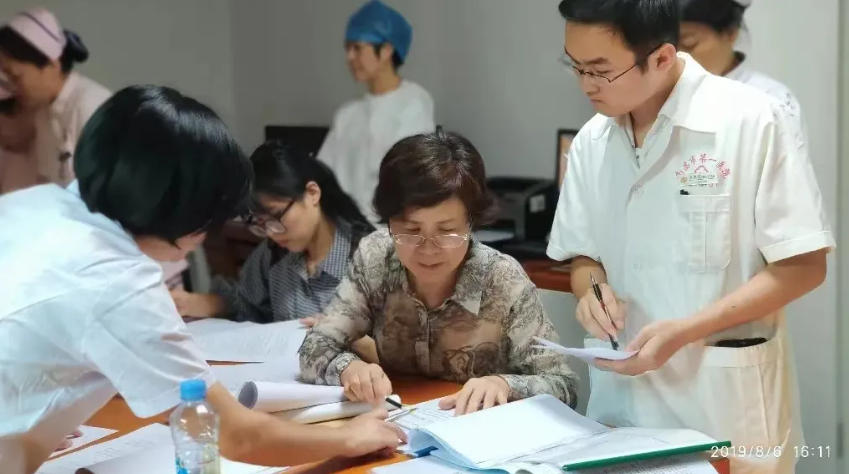
Dr. Wang Chuanqing | Building a ‘Shield’ for Children: A Guardian Against Pathogens
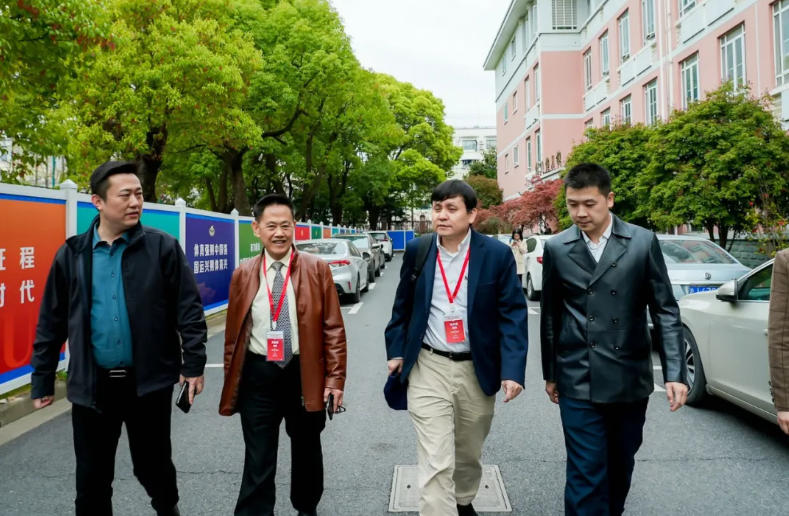
Dr. Zhou Tingyin | Opening the Door to a World of Microorganism
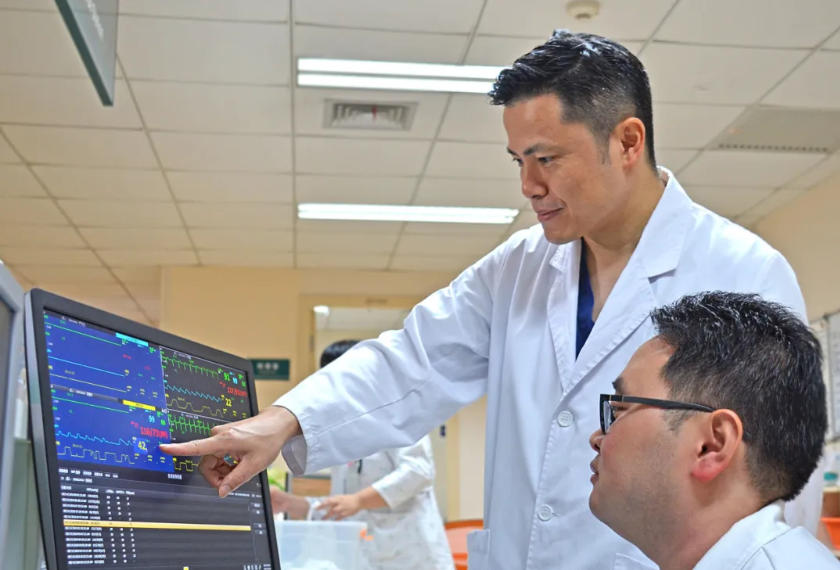
Dr. Liang Wei | Dedicated to Vascular Health, Safeguarding the Body’s Lifelines
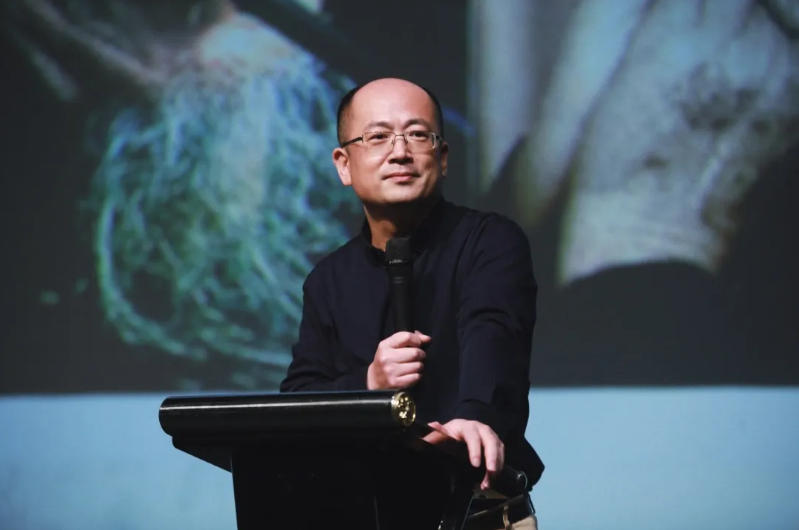
Dr. Zou Shien | A Physician’s Mission in Gynecological World
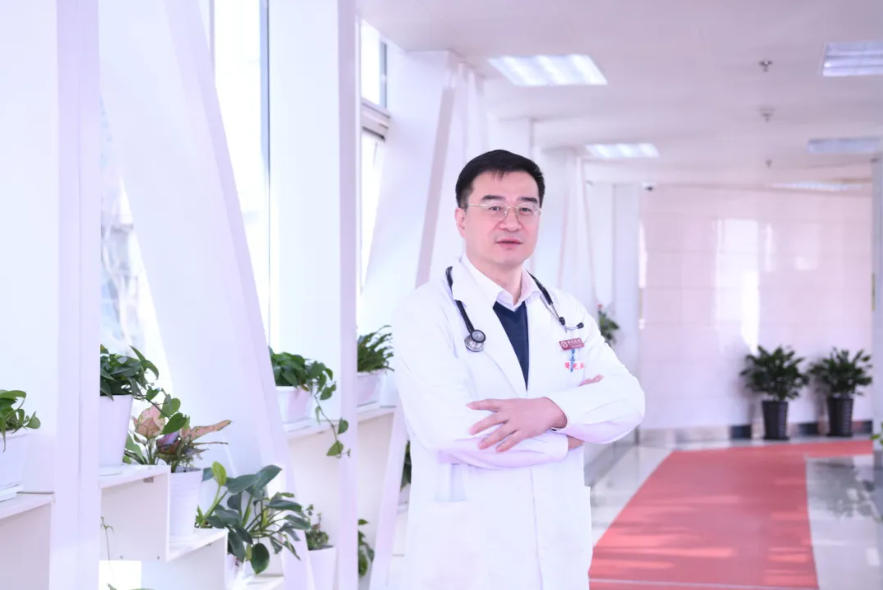
Dr. Cui Song | Healing the Heart, in Every Sense

Dr. Bao Shihua | Where Dreams Begin from Reproductive Immunology
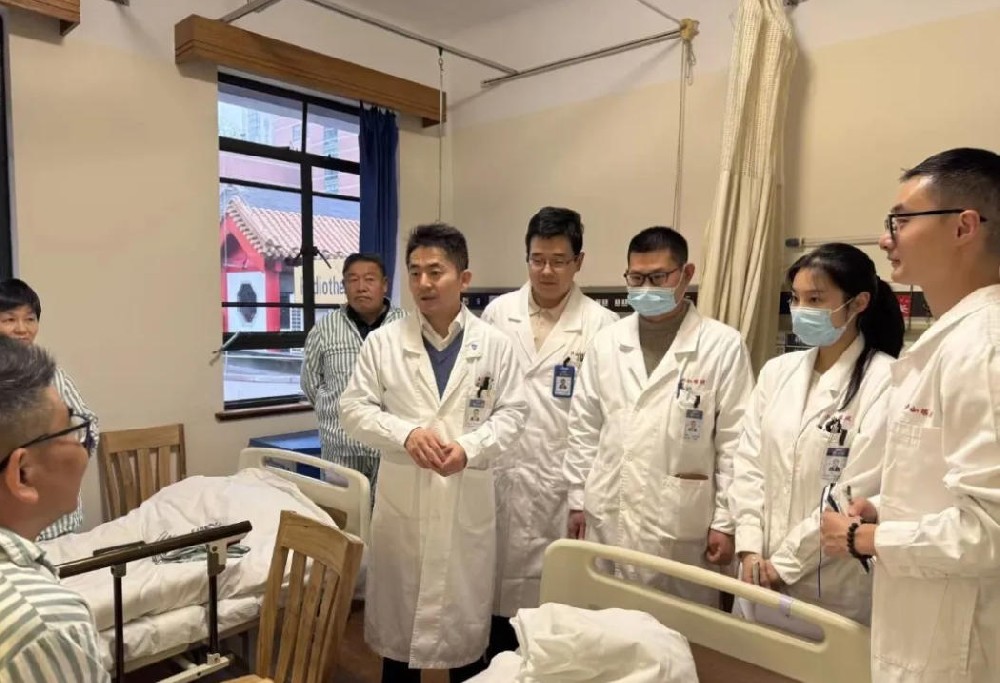
Dr. Yang Zhigang | The Art of the Healer: Between the Brush and the Brain
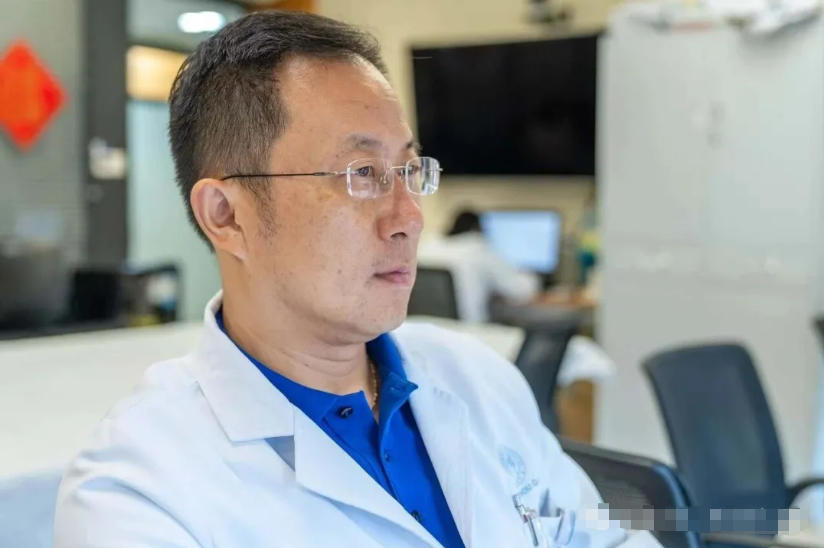
Dr. Zhou Qianjun | Sculpting Life in the Chest
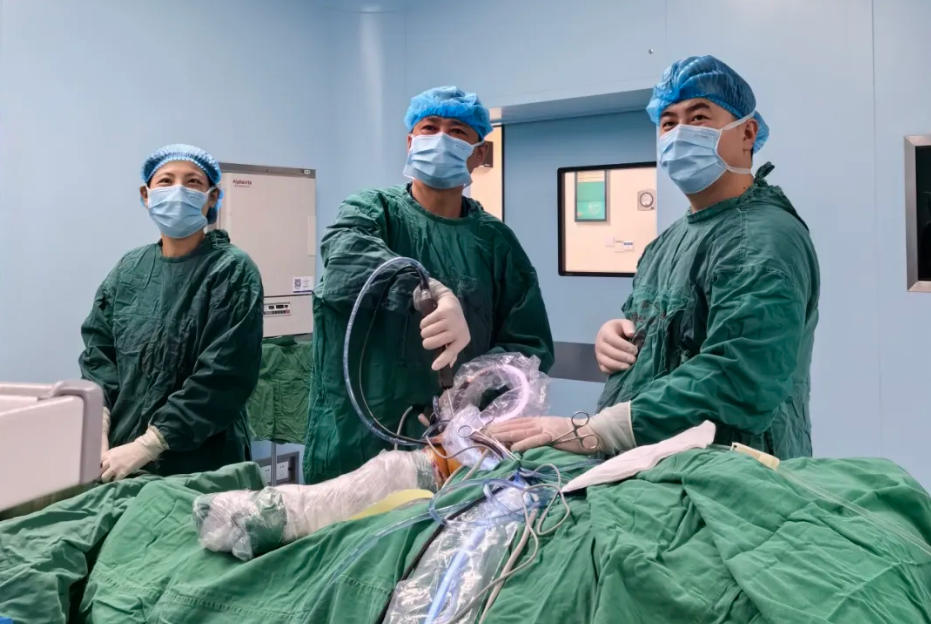
Dr. Cai Junfeng | Guarding Bone and Joint Health, Improving Quality of Life
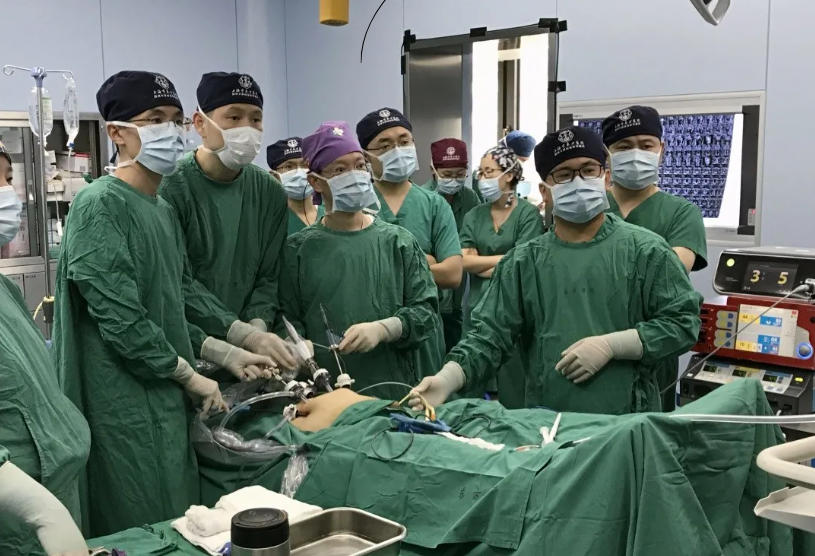
Dr. Cui Xingang | The Medical Dream of a Shanghai Urologist